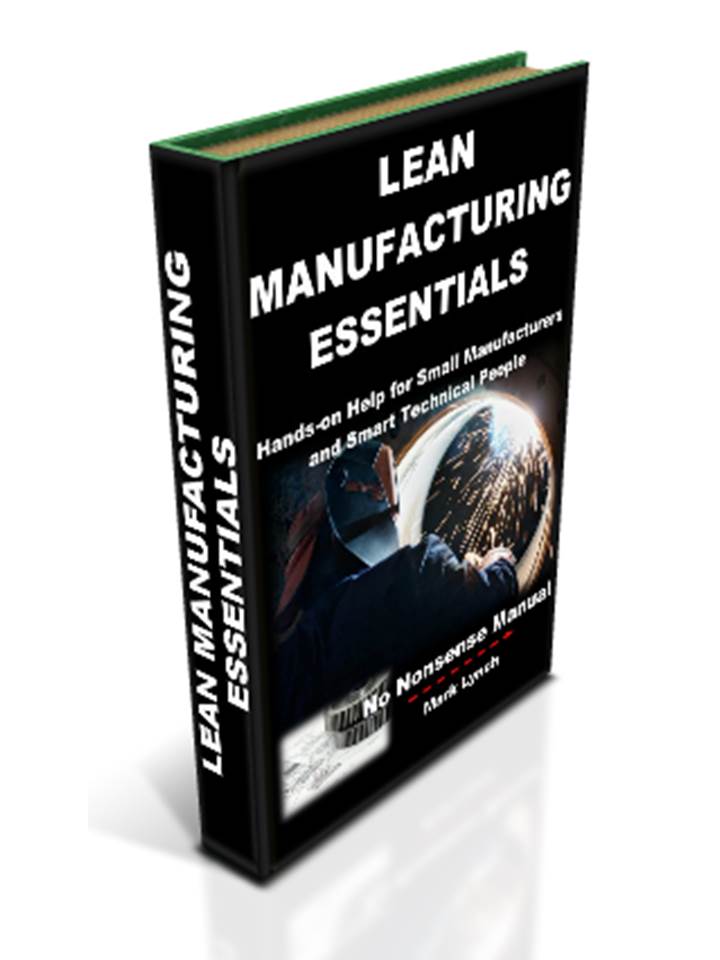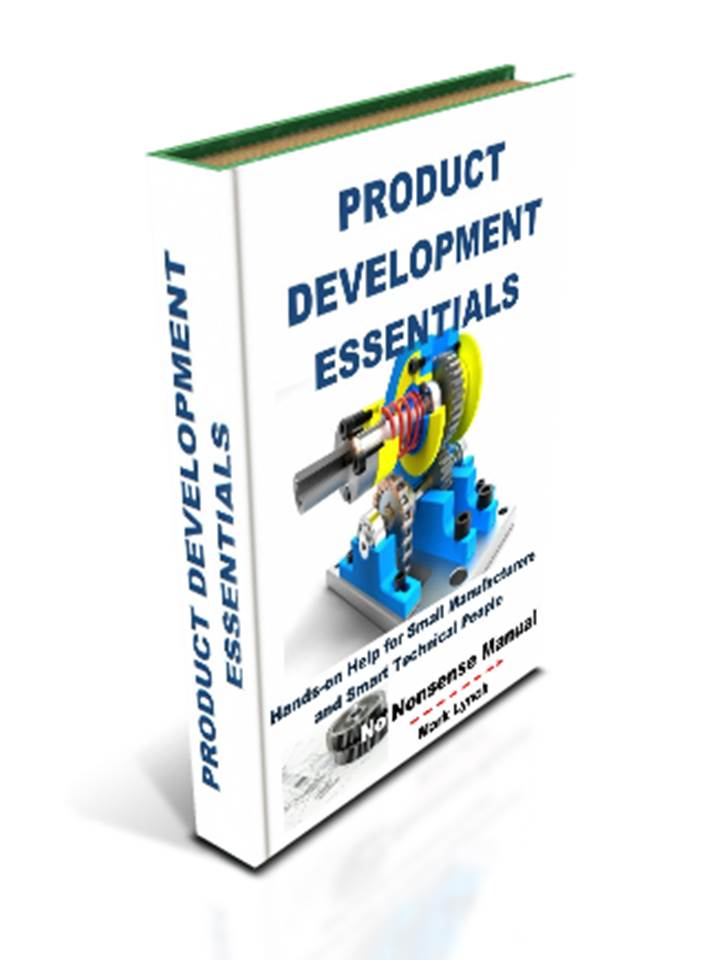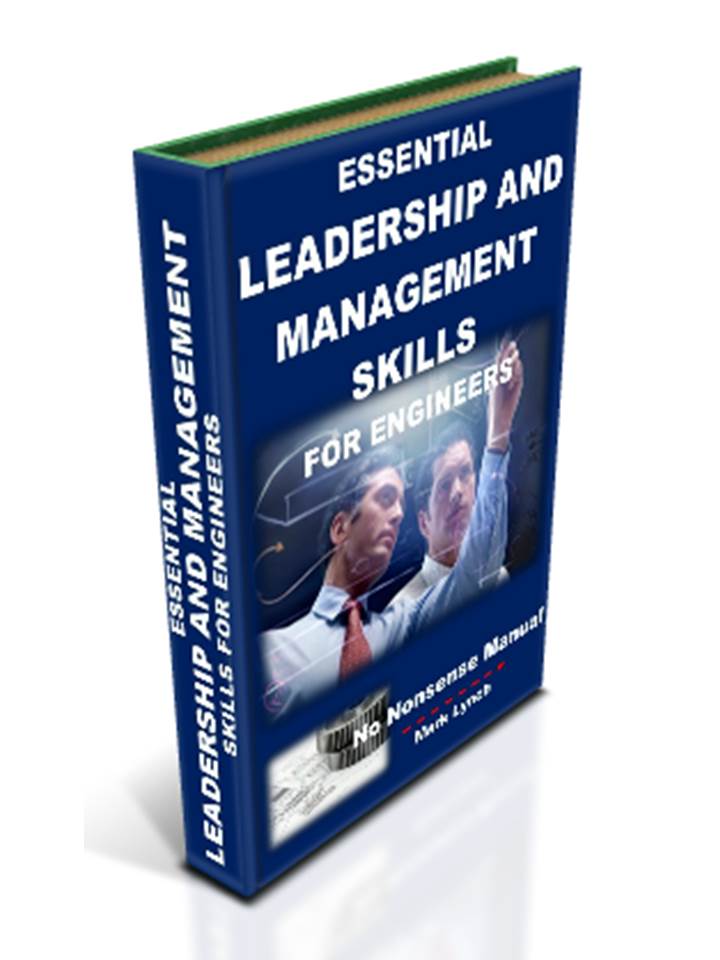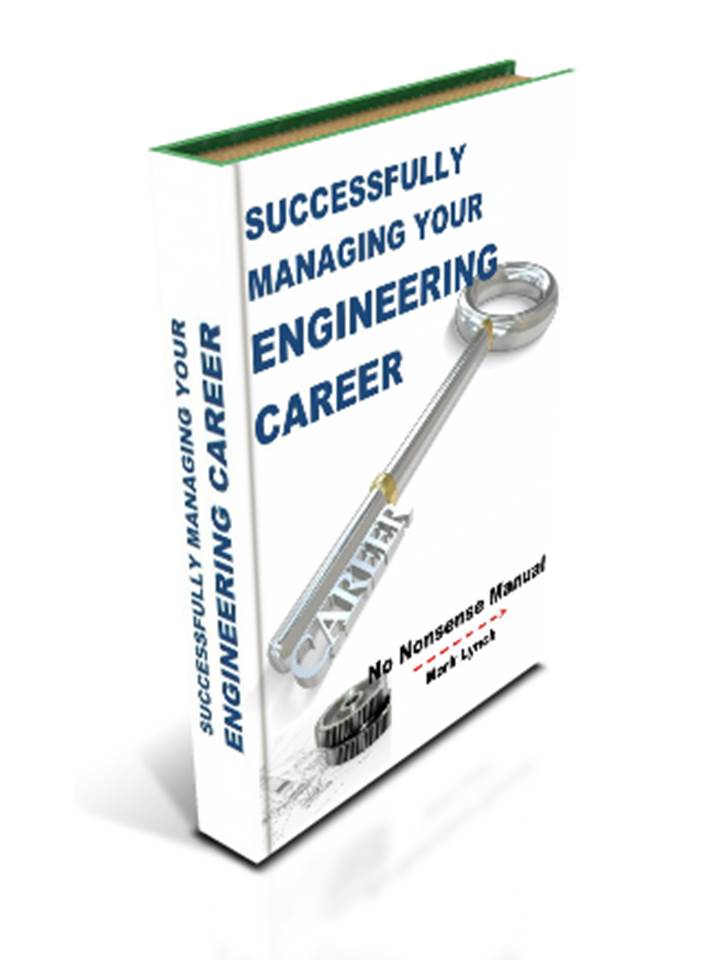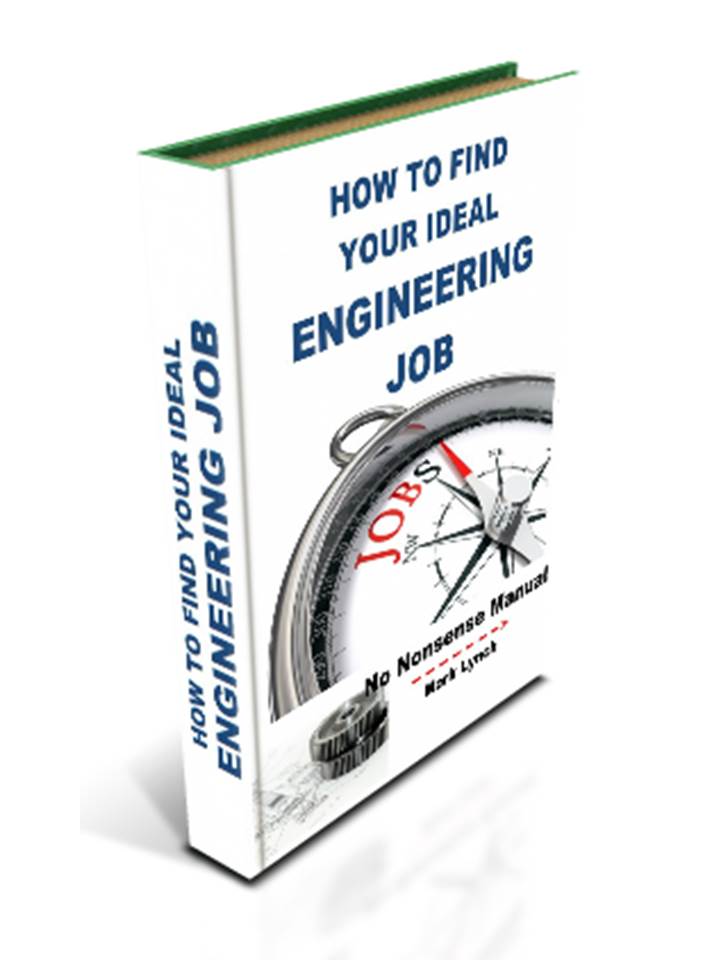'Hands-on Help for SMEs' and Smart Technical People'
Industry Qualifications Masters MBA PhD
Qualifications Explained 3:
MSc, MBA, MRes, MPhil, PhD & EngD
Career Management for Engineers
Industry Qualifications Masters MBA PhD
Postgraduate Master’s Degrees – MSc, MBA, MRes, MPhil
(MSc - Master of Science, MBA – Master of Business Administration, MRes – Master of Research and MPhil – Master of Philosophy)
These academic qualifications are taught at Master’s Level, with the entry requirement to the programme often (but not always) being an undergraduate degree. These post-graduate qualifications are commonly available in a range of specialist technical fields, or in the case of the MBA, in the areas of business and management.
MBAs normally require some commercial or business experience in order to get the most out of the programme. An Executive MBA (EMBA) can be studied whilst the individual works either full or part time. Normally people have been working full time for longer before undertaken EMBAs – for example 10 years’ experience is common.
Postgraduate Master’s degrees can be taught as full time courses, normally lasting 1 year. Alternatively, part-time options are available lasting 2 years. Flexible teaching is accessible such as online or distance learning programmes. These qualifications are also available as research degrees (MSc, MRes and MPhil), where extensive investigative study is carried out and reported on in a dissertation. Mixed research and taught MSc, MRes and MPhil degrees are also common.
For the employee a postgraduate degree differentiates you from other graduate candidates. It demonstrates a higher knowledge in a specific discipline. Postgraduate degrees entitle you to use the post-nominals MSc, MRes, MPhil and MBA, although these should only be applied in a professional context.
For those wishing to pursue a managerial or corporate career route, the MBA provides a excellent set of skills, experiences and network to compliment technical knowledge. MBAs with technical modules are also available for aspiring leaders in industry. See the sources already provided for details.
Doctoral Programmes – PhD and EngD
(PhD - Doctor of Philosophy and EngD – Engineering Doctorate)
These esteemed academic qualifications involve adding something new to the body of knowledge about a subject area, through an extensive research programme. Assessment is by peers and research is normally published. The qualification is prestigious and marks the pinnacle of personal academic achievement. Those who hold doctorates are much respected and their professional opinions are greatly valued.
Subjects undertaken as research degrees are typically highly specialised. They are sometimes offered by high-end technology businesses, universities and research institutions. Places are relatively rare compared to other qualifications. The cost is high in terms of commitment, time and money. As a result work is often undertaken for commercial businesses who contribute to the cost of the qualification as a means of developing critical knowledge, technology or processes.
PhDs are centred around a single theme whose findings are written up as a thesis. Duration lasts anything from 2 to 4 years fulltime or 3 to about 6 years part time. Doctorates entitle you to use the letters PhD and EngD after your name. Completion of an PhD or EngD entitle you to use the prefix ‘Dr’ (although, again this should only be used in a professional context).
Engineering Doctorates - EngD's have been developed specifically for industry. Originally launched by the Engineering and Physical Sciences Research Council (EPSRC), EngD programmes enable a number of related themes to be researched over a 4 year period. The research is rigorous and to the same standard as a PhD. A thesis, published information and peer assessment are common to both Doctorates.
For EngD's, crucially 75% of time is spent in the workplace and the rest on taught courses. Those studying for EngD's are known as Research Engineers. Engineering Doctorates are provided by Industrial Doctorate Centres located at reputable universities around the country. Each one focuses on a specialist technology or engineering discipline.
As well as high quality academic input, each EngD has an industrial sponsor, where the Research Engineer makes a real-world practical difference working full time. The Association of Engineering Doctorates provides further useful information. UCAS and local universities will have information about the availability of PhD programmes.
Association of Engineering Doctorates
Website: www.aengd.org.uk
Note. PhDs and Engineering Doctorates are internationally recognised. Additionally it is worth noting some of the equivalent post nominals used globally. These include D.Eng (United States, Japan and South Korea), Dr.-Ing (Germany) and PDEng (Holland).
Qualifications Masters MBA PhD
Back to Your Career Management
Based on your experience, what’s the Single Best Piece of Advice you’ve heard for a Great Engineering Career?
Have you had an inspirational coach, mentor or manager? Knowing what you know now, what’s the single most effective piece of advice you’d give to a young engineer coming through now?

